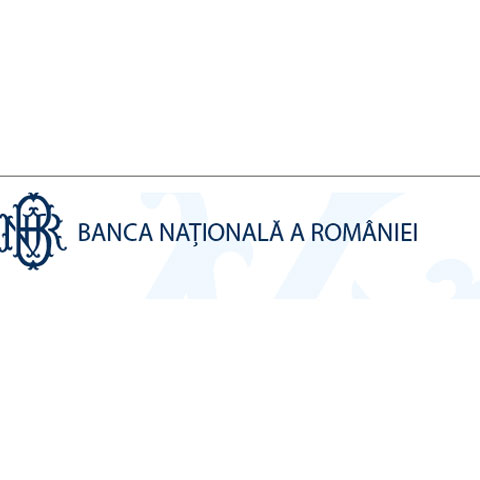The economist explained that granting BNR an increased power instead would be a much better solution to obtain a similar result. Thus, the central lender should be able to urge banks for recapitalizations and if they refuse to do so, to change the management and in extremis even the shareholders.
“The Robin Hood tax is not an optimal decision because it would breach the capital account freedom Romania agreed to as a precondition to enter the European Union,” said Lazea.
Premier Emil Boc declared on May 19 Romania’s cabinet could take the measure of over taxing profit if foreign commercial banks in the country fail to go by the agreement with the state and remove financing lines.
The Robin Hood tax could be levied on profits that external banks make at their local subsidiaries. “If foreign banks, through their Romanian representatives, refuse to see they made big time profits here in the good old days and now throw the burden of the crisis on the people, then we can over tax them,” Boc said at public radio station.
Nine large foreign lenders doing business in Romania pledged at the end of March in Vienna to keep their exposure on Romania. In a second meeting last week in Brussels, the foreign banks reaffirmed their promises and established March 31 2009 as a landmark for the exposure.


